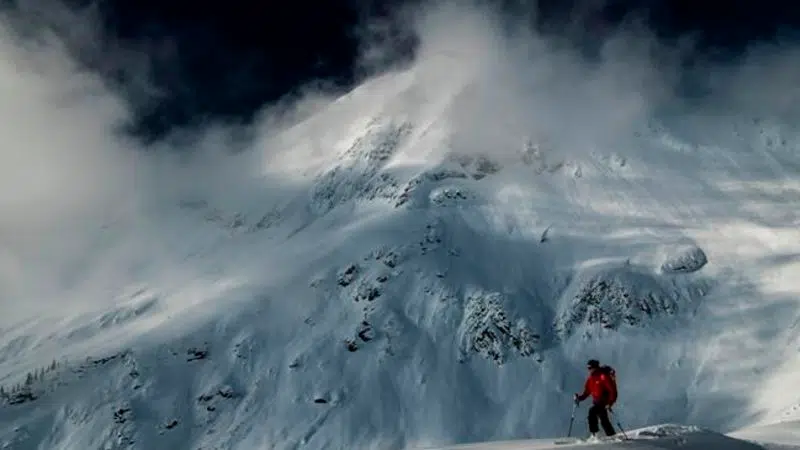
‘If we don’t, who is?’ Adventurers protect winter playground as climate changes
BANFF, Alta. — Professional adventurer Greg Hill was skiing in Pakistan five years ago, when he got caught in an avalanche and broke his leg.
As he healed, he reflected on what legacy he would have left behind had he died.
Hill had climbed hundreds of mountains, skied millions of vertical feet and documented many of his adventures in Canada, South America, Norway and Pakistan.
“It was awesome — I was encouraging people to push deeper,” Hill said in an interview. “But it was the selfish 30-year-old adventurer. It was all about my own stuff and what I can do.”


